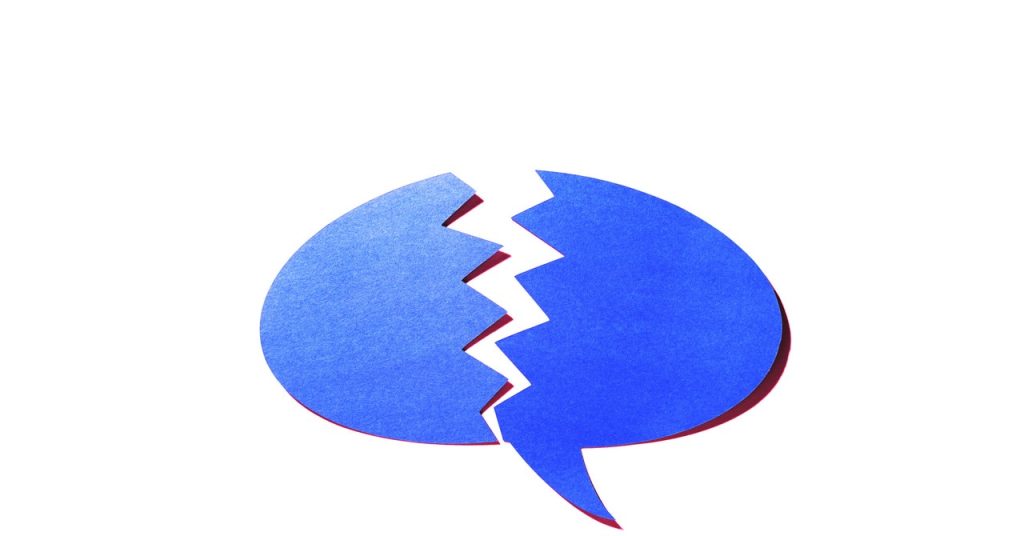
On February 13, Twitter is expected to end free access to its API, or application programming interface, the backend access that lets people build bots to automatically post and respond to tweets on the site. Elon Musk, who took over Twitter in October last year, has long said he wants to scour the platform of bots, and has said that charging a minimum of $100 a month to access the API will “clean things up greatly.”
But by cutting off free access to its API, Twitter will also prevent many researchers from accessing its data, stopping them from analyzing how misinformation and hate speech spreads on social media.
In the past few weeks alone, academic researchers have used free API access to track all activity on the platform in a 24-hour period, map how insurrectionists who tried to overthrow the US government on January 6, 2021 coordinated on the platform—and even estimate the proportion of users that are bots on the platform. This kind of research will now become much harder.
“The impact is potentially devastating,” says David Lazer, a computational social scientist at Northeastern University in Boston, Massachusetts. “Twitter had been the most common source of data for studying the information ecosystem, especially misinformation, to understand what content was flowing out there and why.”
Twitter’s change of policy brings to an end years of relative transparency, but studying social media platforms and their impact on society has always been tricky, according to Philipp Lorenz-Spreen, a research scientist at the Max Planck Institute for Human Development in Berlin. The problem has always been centered around the curious position social platforms hold in society: They’re quasi-public utilities—the “de facto public town square” that Musk crowed about when he first launched his bid to buy the platform—but are privately owned.
Such a situation disincentivizes social networks from granting researchers access to their data, because of the risks involved. If an academic uses free access to a platform’s API to identify a massive issue with state-sponsored disinformation, or problems with content moderation that allow hate speech to fester unchecked, it could cause headaches for the site. As a result, many social media platforms choose to simply lock out or limit researchers from analyzing their platforms, or place unfeasibly large prices on getting API access. That dependence is an “intolerable situation for independent research,” says Lorenz-Spreen.
Facebook restricted access to its API in 2018, after it was found that the consultancy Cambridge Analytica had accessed the data of millions of users to use for targeted political advertising.
The most basic plan for Twitter’s API access, at $100 per month, will be out of the reach of many researchers.
“At best it’s an immense lack of understanding of how academic funding works,” says Jeremy Blackburn, assistant professor at Binghamton University in New York and a member of the iDRAMA Lab, which analyzes hate speech on social media. “At worst it’s an attempt to grift more taxpayer money via federal funding agencies like he’s done with his other companies.”

